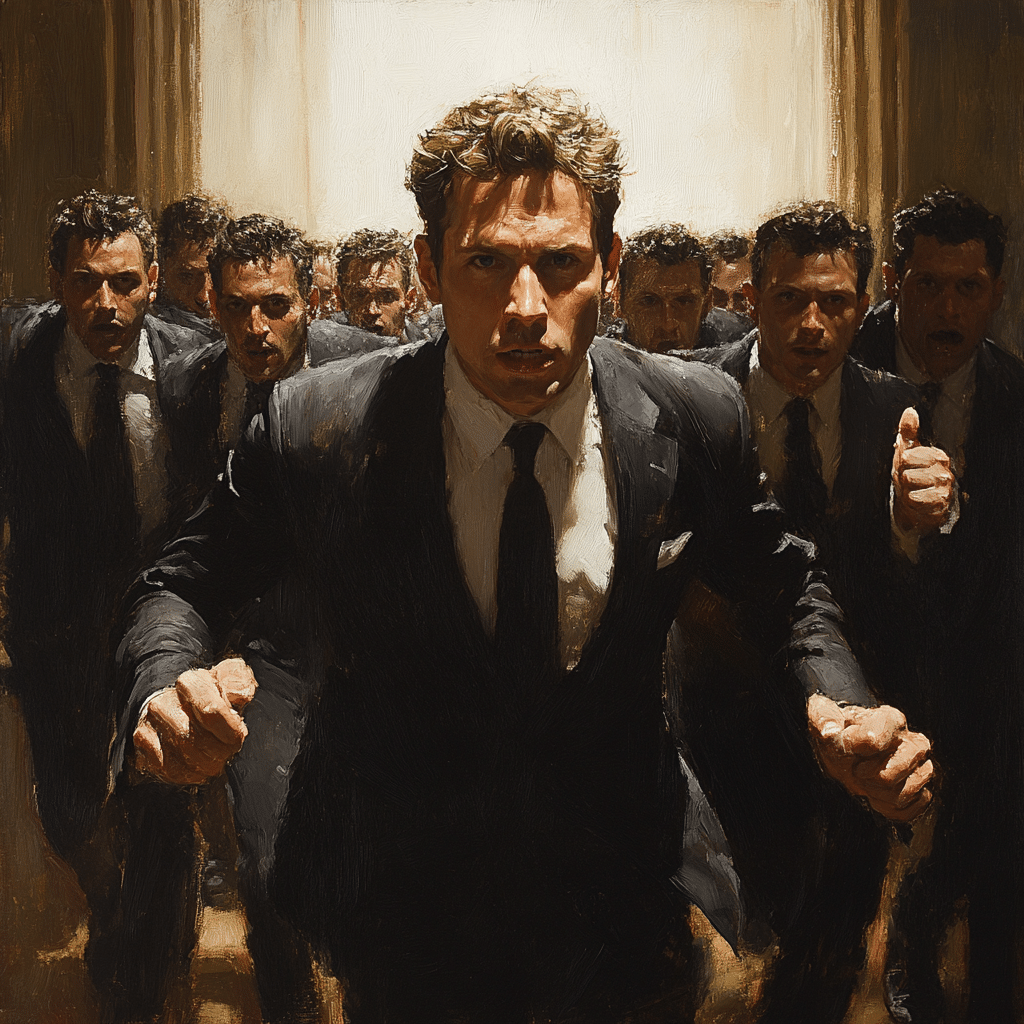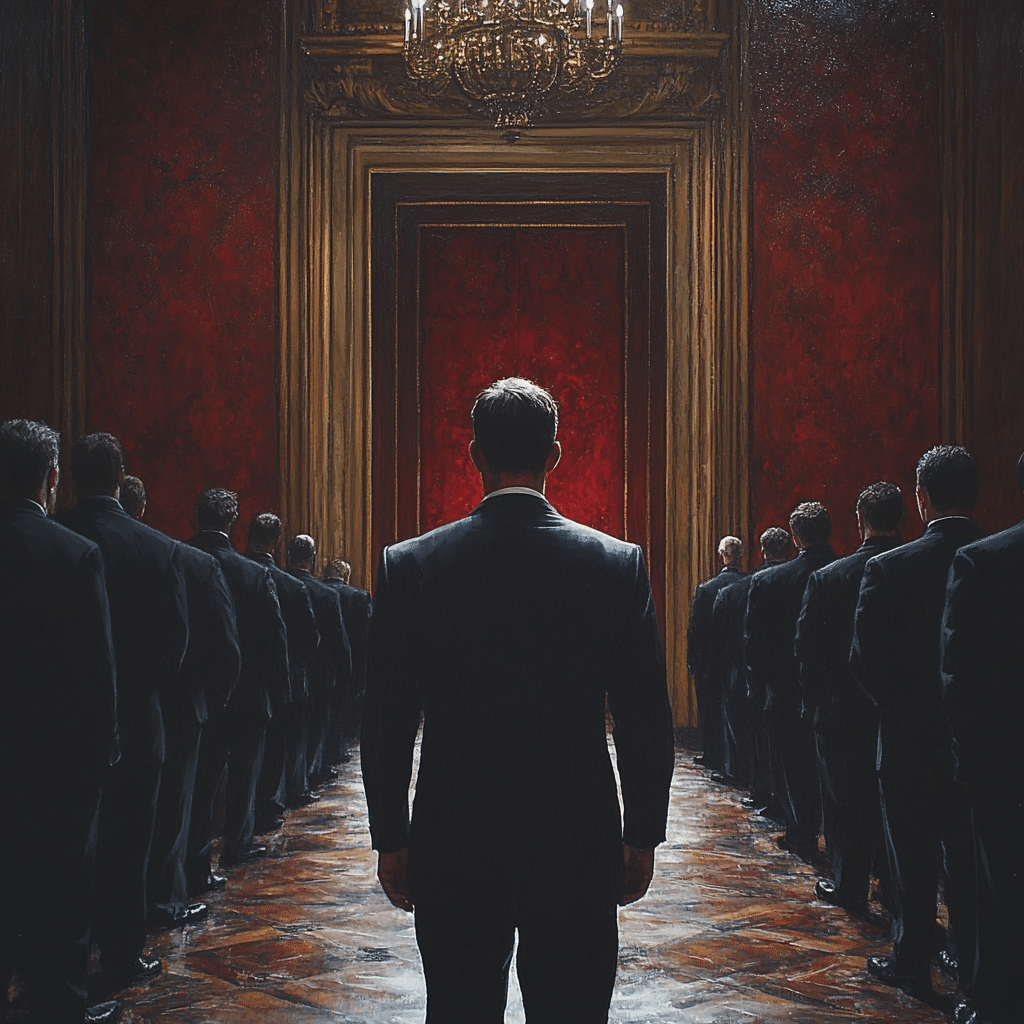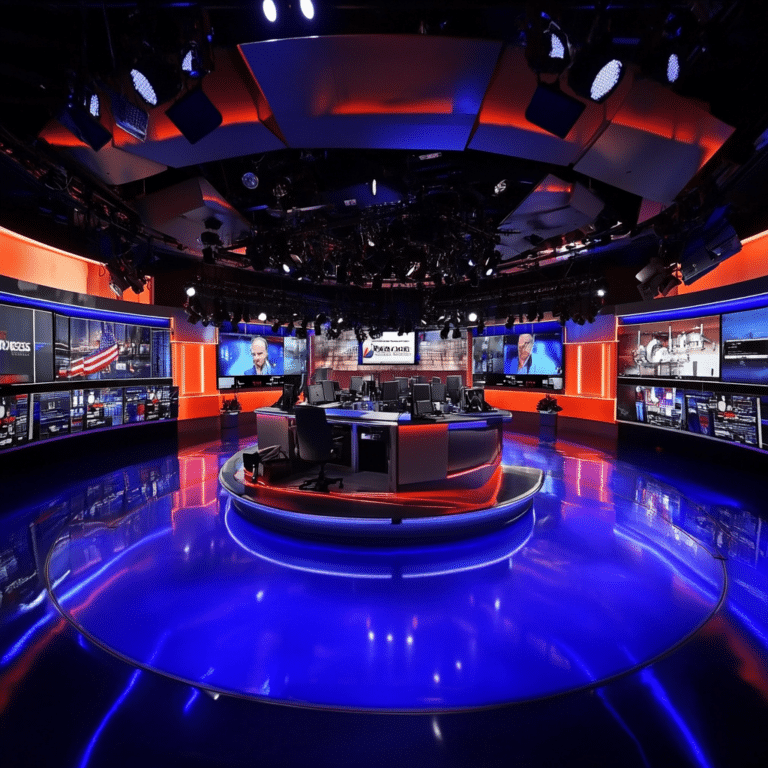Understanding the Secret Service Failure Amidst Salary Discrepancies
The recent secret service failure has left many Americans scratching their heads in disbelief. How could an agency charged with protecting our national leaders fail to deliver? High-profile incidents, like the security breach during a recent state visit, have raised questions about the effectiveness and reliability of the Secret Service. But let’s not kid ourselves; the core of these failures doesn’t just rest on operational blunders. It runs far deeper, into the very roots of compensation and how agents are valued—or rather, undervalued.
Secret Service agents are the unsung heroes of our national security. They operate under immense pressure, entrusted with the lives of our presidents and their families. Yet, many are shocked to learn that starting salaries for these crucial roles often hover around a measly $47,000. This figure is a far cry from what agents at organizations like the FBI and DEA are pulling in, with starting salaries reaching $61,000. The pay disparity creates a recruitment nightmare, as top-tier candidates steer clear of positions that don’t offer competitive compensation.
So, when we analyze the secret service failure, we need to zoom in on these salary discrepancies. The low pay affects morale, leading to high turnover and ultimately weakening the agency’s performance. It’s the kind of cycle that threatens national security itself. It’s time we demand more from the government and advocate for our protectors.

Top 5 Insights on Secret Service Failures Linked to Agent Salaries
The Role of the Secret Service Director in Addressing Salary Gaps
Enter Kimberly Cheatle, the current Secret Service Director, who finds herself in the hot seat with these pressing issues. She’s openly acknowledged that the agency faces systemic problems, specifically regarding compensation. But here’s the kicker: while she may have a keen understanding of the situation, substantial changes and actual reforms remain on the horizon.
Change requires action, and successful reforms have often mirrored strides made by more efficient agencies. Directors who prioritize budget increases to ensure fair compensation tend to foster better environments for their personnel. It’s all about creating a workplace where agents feel valued.
So, what’s it going to take? If the Secret Service Director genuinely wants to address the secret service failure, she must take proactive steps that prioritize agents’ salaries, while also ensuring consistent efforts toward other crutial changes.

Recommendations for a Stronger Future
Addressing the Blind Spots
Let’s be frank: secret service failure rooted in inadequate salaries isn’t merely about numbers, it’s a clarion call to rethink how our government values its protective services. With evolving security threats hovering over us, it’s imperative that the Secret Service adapts its strategies, focusing on compensation and agent morale. They should not just perform duties but should feel valued and motivated in doing so.
As our national security framework faces unique challenges, a solid, well-compensated workforce becomes increasingly vital. The signs of distress are loud and clear: it’s time for us to take action now. Our agents deserve better, and so do the citizens they protect every single day. Let’s honor their sacrifice before they become the weakest link in our national security chain.
In this era where political correctness runs rampant, let’s call a spade a spade. It’s more than a mere oversight; it’s an affront to those willing to lay down their lives for our safety. It’s high time for serious conversations and decisive actions. After all, our safety depends on it.
Secret Service Failure: A Closer Look
Understanding the Shortcomings
The recent concerns raised about the Secret Service bring to light not just operational failures but also the impact of inadequate salaries on performance. When agents are stretched financially, how can we expect them to operate at their best? This secret service failure echoes through various sectors, even sparking discussions about seemingly unrelated topics. For instance, have you noticed how mental health resources, like those found on Ptsd radio, are gaining traction? It’s crucial in any profession, but especially for those tasked with protecting our leaders.
The Ripple Effects
One might wonder how agent dissatisfaction can stretch far beyond their ranks. Take, for example, the entertainment industry: the recent buzz around the question, “ Where Is Wendy williams ? ” is a reminder of how public interest can shift rapidly. Similarly, a decline in public trust due to secret service failures can lead to a broader skepticism regarding our governmental institutions. It’s all interconnected; just as a misplaced pass can ruin a Packers game, so too can lapses in security shake public confidence.
Shared Lessons
Consider how a buy-sell agreement plays a critical role in ensuring business continuity; security protocols should be just as clear-cut and efficient. Just think about the bustling nightlife at 6th Street , Austin—there’s( a sense of safety derived from effective law enforcement, which the Secret Service must embody. Falling short in their duty invites scrutiny—not just from the media but also from an increasingly aware and concerned public. And here’s a bit more trivia: in times of distress, community spirit can be uplifting, bringing forth moments that inspire hope, akin to He Is Risen Images that remind us of resilience.
In conclusion, the secret service failure isn’t merely a matter of numbers. Each incident impacts lives and public perception, a gentle reminder that behind every statistic or report lies human experiences, much like how one might reflect on Arsenal Vs. Rc Lens Stats to break down a game’s essence. So, keeping a close eye on these issues is vital; it’s in our collective best interest to ensure those protecting us are given the necessary tools—financially and otherwise—to do their jobs well.

How much do Secret Service agents for the President make?
Secret Service agents protecting the President typically earn between $117K and $189K a year, with the average base salary being around $140K.
What is the book about the Secret Service mistakes?
The book “Zero Fail: The Rise and Fall of the Secret Service” dives into the mistakes and missteps of the agency, detailing its history and challenges.
Why do Secret Service talk into their hands?
Agents seem to be talking into their sleeves because they use a unique communication system to ensure they’re always aware of the President’s whereabouts, which is crucial for security.
Who gets Secret Service for life?
Former President George W. Bush and all future former presidents receive Secret Service protection for life, while their children are protected until they turn 16.
Who pays more, FBI or Secret Service?
In terms of pay, the FBI generally offers higher salaries compared to the Secret Service, though both have competitive pay structures.
What is the highest paid secret agent?
The highest-paid secret agent typically varies by position and agency, but many Special Agents in the Secret Service can earn upwards of $189K, especially with additional pay and overtime.
What is the famous quote from The Secret book?
There’s no universally recognized famous quote from “The Secret” book, but its central theme often revolves around the law of attraction and positive thinking.
Who is the acting head of the Secret Service?
As of now, the acting head of the Secret Service is Kimberly Cheatle, who took over the role in recent years.
Is the book The Secrets We Kept true?
“The Secrets We Kept” is a work of fiction inspired by true events, blending historical elements with narrative creativity rather than being a strict true story.
Why do Secret Service always wear sunglasses?
Secret Service agents often wear sunglasses to protect their eyes from the sun during outdoor duties, but it also adds to their professional and mysterious appearance.
Is there a height requirement for the Secret Service?
There’s no specific height requirement for the Secret Service, but candidates must meet certain physical standards and demonstrate good fitness levels.
Can you refuse Secret Service?
Refusing Secret Service protection is rare, but individuals under certain circumstances may decline, depending on their situation and the perceived threat level.
What is the oldest age to join the Secret Service?
The oldest age to join the Secret Service is typically around 37 years old, but it can vary based on specific hiring protocols and laws.
Why do former presidents get Secret Service?
Former presidents receive Secret Service protection primarily to ensure their safety given the potential threats they might face after leaving office.
How much do Secret Service members get paid?
Secret Service members generally see annual pay that starts around $140K, depending on their experience and position within the agency.
What is the highest salary Secret Service?
The highest salary for a Secret Service member can reach up to $189K or more, especially for those in senior roles or with significant experience.
How much do the president’s bodyguards make a year?
The President’s bodyguards, who are part of the Secret Service, often earn salaries ranging from $117K to $189K, similar to other agents.
How much do top secret agents make?
Top secret agents‘ salaries vary widely, but many positions within organizations like the CIA or NSA can also reach six figures depending on experience and role.
Do secret agents make a lot of money?
While some secret agents can make a lot of money, salaries can vary based on the agency, role, and region, with many starting at competitive base levels.





































